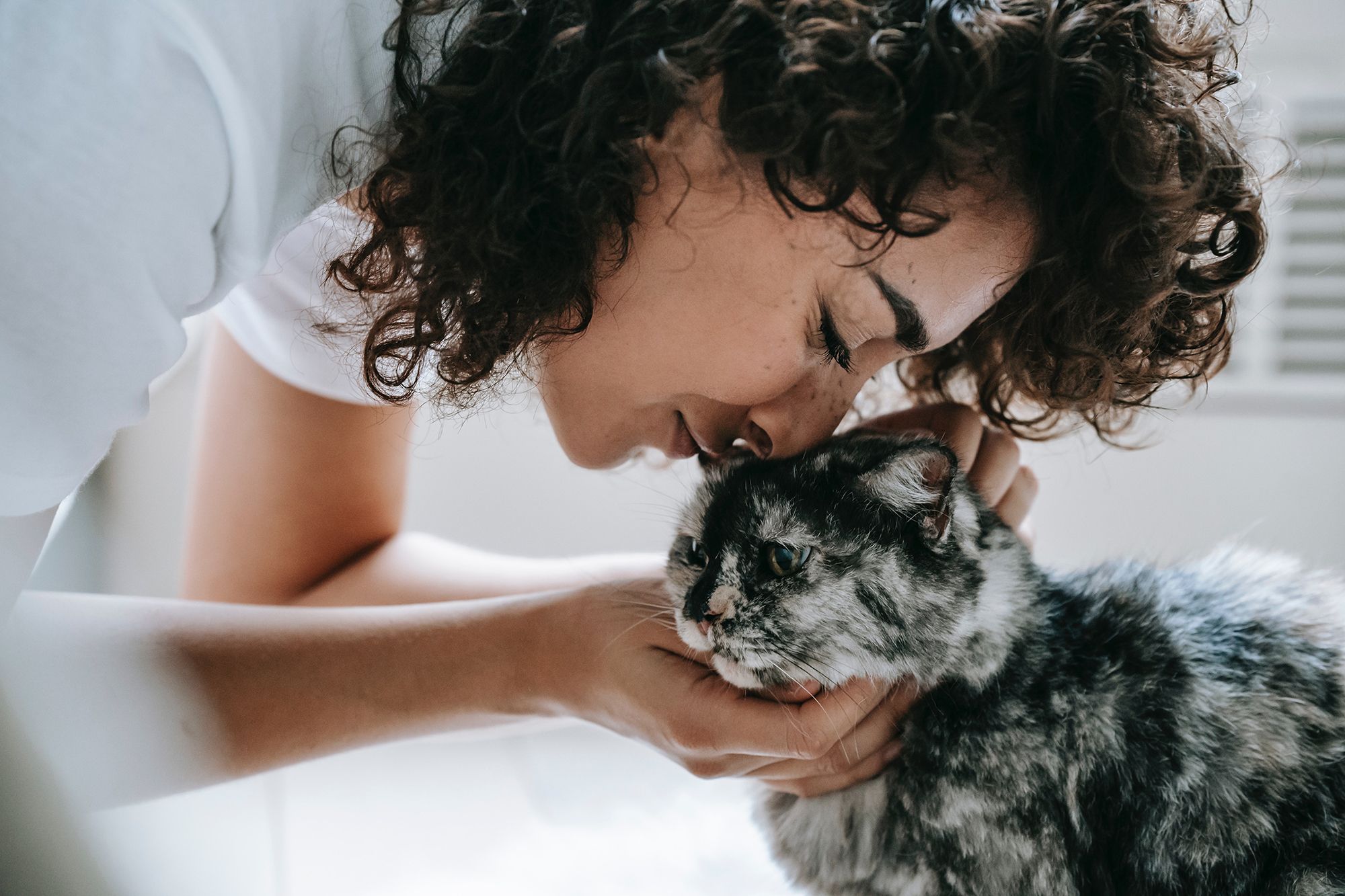Am I a bad person when I struggle with loving kindness?
Jul 31, 2021 — Natascha Niekamp
Loving Kindness
Meditation can be a tricky thing. We often find ourselves confronted with emotions that we didn’t quite expect to feel. You might be practicing a loving kindness meditation (known as metta) thinking that you should feel all blissed out and full of love. This can happen - and when it does, it’s wonderful. However, many relationships in our lives are complex. So complex even, that some people might actively discourage us from including these complex relationships into our metta meditation, especially if we are beginners.
What is Metta Meditation?
Metta is the Pali word for loving kindness, and metta meditation is an old Buddhist tradition that dates back many centuries. In metta, we send loving thoughts and well wishes to those around us. There are many different forms of metta.
You can include yourself, directing warmth and positivity to your own being - a practice which encourages self-acceptance and self-compassion. Often, people start loving kindness meditations with themselves and then gradually widen the scope of their practice to include other people: someone they love very dearly, someone they don’t know very well but have a positive approach to, someone they don’t particularly get on with, all people who meditate with them in that moment, and eventually, maybe, all people on this planet.
The Words of Loving Kindness
May you live well and be happy.
May you let go of craving and resentment.
May you appreciate and find joy in your life.
There are many variations of this ancient meditation. But they all have a similar message: you are okay the way you are and I would like to send some positive energy over to you.
Is Loving Kindness Difficult?
One would think that this approach is designed that way because it gradually increases in difficulty. Of course, you might say, it is easiest to cultivate compassion and an empathetic mindset when thinking of someone you love with all your heart: your partner, a parent, a sibling. This is in essence, true - and loving kindness is indeed meant to start off lightly while slowly shifting towards people that you don’t often send well wishes to.
We begin with the familiar and carefully explore new territory: well-wishing the woman at the till of your local supermarket, then loving the bus driver who has been so rude to you, soon sending positive thoughts to random people that you sit around with in a circle. Until suddenly, maybe, you feel ready to open up your heart to the whole world - to all sorts of people who live on this earth, including the ones your mind might label as “good”, but also those others that may have done terrible things, may have committed crimes or betrayed loved ones.
Step one of Loving Kindness
Yes, you might think that step one should be easy here. Step one is simply sending some love to your wife, your husband, your mother, father, brother, sister. Why is it then, that many people struggle with this first step?
This is because relationships are complex and even in those ones full of love and mutuality, there might also be some guilt, some shame, or some fear. You might find yourself caught up in the guilt of not being the perfect daughter, partner or sibling.
You might think: “This person is doing so much for me and I love them deeply - but all I can think of right now is the millions of ways that I have failed them. I wish I was a better daughter.”
You might think: ”This person is so good to me. I don’t know what I would do without them. While feeling all my love for them, I can also feel this immense fear of losing them.
Why can’t I concentrate on my loving kindness?”
You might even feel resentment coming up. Even the greatest of relationships might, at times, involve some trouble, problems, and difficulties. You might love your partner, but there might be unresolved questions. You might adore your father, but there could be some baggage from the past.
How can we overcome these feelings in metta? Are they normal? Are we even supposed to overcome them?
The purpose of Loving Kindness
In the end, metta is a meditation like many others: a practice that helps you become aware. When the feelings of guilt, fear of resentment overwhelm us, it’s helpful to just listen to that, to work with what we have and see what comes up. It might even be helpful to focus on that guilt, that fear, that resentment in a follow-up meditation. For example, Medito provides specific guided sessions on emotions like anger, fear, grief, panic, stress, but also sadness, loneliness, guilt, or irritability.
What next?
Did all this put you off from even trying metta in the first place? Did your first negative experience make you reluctant to try again?
This is why meditation teachers often stress that it might be helpful to start off gently.
Try to focus on self-compassion for a while. You don’t need to feel egocentric for working with yourself first. Only a self-compassionate mind can find the strength to share true love, amity, and sympathy with others.
Try to find the most easy-going relationship that you can think of. Many teachers encourage us to think about a pet, a newborn baby, or a childhood friend. We often view our relationship with these individuals as innocent, untouched, untainted. We sometimes need to think of something pure, something utterly positive, something simple. And that is okay. It doesn’t mean that you don’t actually love your spouse, that you dislike your family, or don’t care about others. It means that you think about the innocence of life itself, of a new start - the way we are born into life as a blank space, an empty canvas. Inevitably, life gets messy thereafter, but that’s okay. Once you’re ready, you might realise that now is the time to try metta on someone new.
Learnings from Loving Kindness
We can learn a lot from metta. It might become apparent that our relationship with people who are half-strangers is innocent and positive. You might find great joy in sending over some love to the person who scans your shopping at Tesco once a week. You might utterly enjoy connecting with random strangers during a meditation session.
You might find the hard parts easy and the easy parts hard. The quintessence is that you have learned something about yourself. And you have cultivated love - whoever it might be for. We can always do with a bit more of that in this world full of madness.
One thing to keep in mind is that we feel love most vividly when we actively love someone, not when we are passively loved by them.
